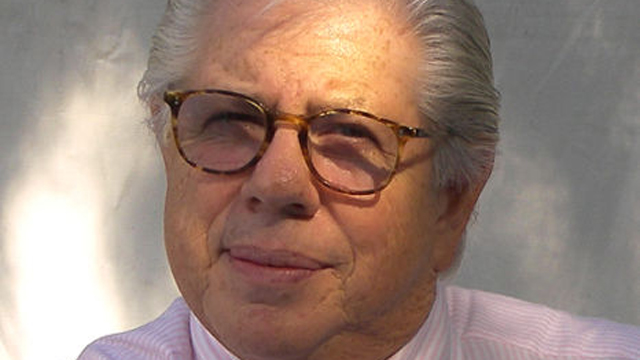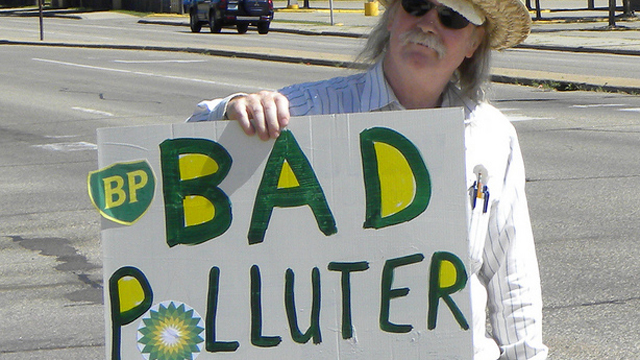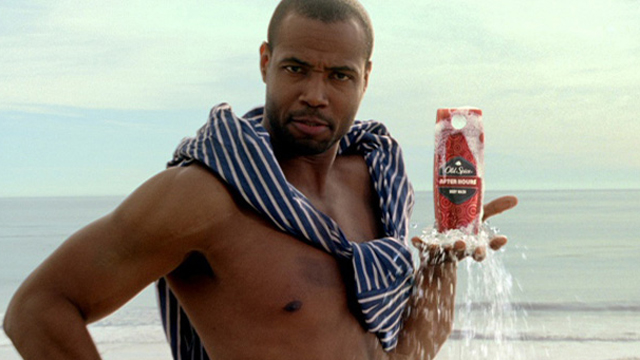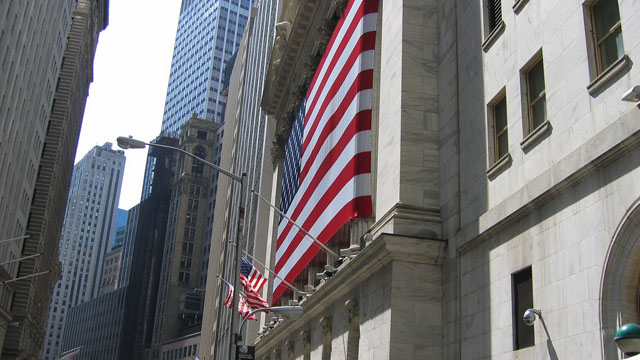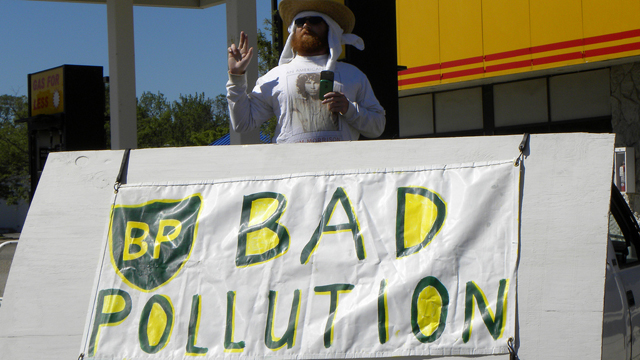Technology & Innovation
All Stories
Legendary reporter Carl Bernstein stopped by Big Think’s offices this afternoon for a video interview to talk about the legacy of Watergate, the state of investigative journalism today, and how […]
A former Treasury secretary, a labor union leader, a hedge-fund billionaire, and an heiress all agree: “The estate tax’s impending revival couldn’t come at a better time.”
BP, Tiger Woods, Goldman Sachs: Why haven’t public relations machines been able to keep their companies’ images better intact? Have social media overwhelmed these propaganda machines?
How can companies like BP recover from devastating PR disasters like the recent oil spill in the Gulf of Mexico? Just get the cleanup done, and keep the public informed, […]
“Despite the hype surrounding microfinance as an answer to solving world poverty, new research shows it isn’t the savior economists envisioned.” Read more at Miller-McCune.
The American credit crisis was a direct result of widening income inequality, says Daniel Indiviglio at The Atlantic. Achieving the American Dream came to mean drowning in debt.
“The finance industry, regulators, and political leaders need to create a shared sense of collective responsibility for the system as a whole,” says Nobel Laureate Michael Spense.
“The Pacific island hoped the sale of its ‘.tv’ suffix to websites would boost its troubled economy. Now it says it is being deprived of millions in royalties.” The Independent reports.
“Small shops aren’t just changing the way brands are presented. They are exposing cracks in big agency operations.” Leaner ad agencies are changing the business, says The Big Money.
“The New York Times’ editorial policy — it cannot be ‘torture’ if the United States does it — obfuscates the truth and actively bolsters government propaganda,” says Glen Greenwald.
A veteran Google algorithm engineer wants to deliver search results to its users, “even before they know that they want the information.” The idea is called “searching-without-searching.”
“The innovation economy depends on inventors. And inventors need more support.” An energy CEO proposes bridging the Green Grand Canyon: the divide between inventors’ prototypes and production.
While Old Spice’s “Smells Like a Man, Man” viral marketing campaign is an enormous success—the Old Spice Channel on YouTube has received 6,589,665 views and gained 94,580 subscribers—the ad campaign […]
The Dodd-Frank Financial Reform Bill gives regulators the power to break up too-big-to-fail banks. The first time this is done it will send a powerful message, says Simon Johnson.
Shares of private equity giant Kohlberg Kravis Roberts & Co. (KKR) began trading on the New York Stock Exchange Thursday, concluding a multi-year plan to take public a firm that helms billions of dollars […]
Financial regulatory reform will soon be a reality, almost two years after the devastating financial crash of 2008. A 2,300 page bill was passed by the Senate in a 60-38 […]
The tremendous environmental disaster that has resulted from the oil spill in the Gulf of Mexico is a singular event, but Seventh Generation CEO Jeffrey Hollender thinks it’s emblematic of […]
A bank tax on high-risk financial trading is an idea worth implementing, says Michael Scott Moore at Miller-McCune. The tax would create a fund for if and when a bank needed a bailout.
“Comments on news stories are, in a sense, our new civic space, but minus all the social rules.” The Atlantic says subscription services could clean up online comment sections.
The FCC’s infamous profanity ban has been struck down by the Second Circuit Court of Appeals. The L.A. Times welcomes the ruling as an important shift in priorities.
“Doing business in a way that takes environmental economics into account is a good idea; aping climate policy and its mechanisms is not.” The Economist assesses the value of nature.
After saying the Internet is a superorganism in which individuals are but single cells, Robert Wright says increasing interconnectedness brings forward wider spiritual concerns.
What makes a great software developer? Legendary programmer and designer Justin Frankel says the most productive programmers have an ability to cut through to what’s really important, focus on that, […]
“Journalism should be more like science,” says the founder of Wikileaks who has drawn the ire of many political authorities for exposing various cases of corruption and fraud.
“Students are taking out loans that they may not be able to repay, and some fear massive defaults.” Iowa Senator Tom Harkin says for-profit colleges may be doing a public disservice.
“The fiscal 2010 deficit—$1 trillion and counting—is an encouraging sign,” says Daniel Gross at Slate. The business columnist says worries about a short-term American debt crisis are unfounded.
Eliot Spitzer is branded “disgraced” while David Vitter and Newt Gingrich are not. Glenn Greenwald at Salon asks what moral standards the so-called liberal media are applying.
Though oil companies like BP are the target of popular anger—private companies with selfish profit motives harvesting environmentally suicidal energy—the biggest oil companies are state-owned.
“The Dodd-Frank financial reform bill is a complex, disorderly, politically motivated, and not well thought out reaction to the financial crisis,” says Nobel Laureate Gary Becker.
“The class warfare we need is a conservative class warfare,” says Ross Douthat at The New York Times. Making everyone pay their debts and fewer middle class taxes is his battle plan.
